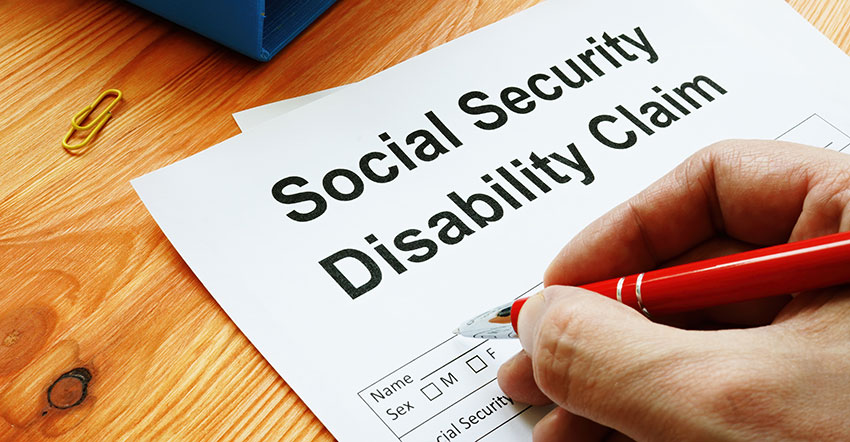Many people have a very hard time keeping up with the cost of housing. In fact, the United States Department of Housing and Urban Development (HUD) says that affordable housing costs no more than 30% of a household’s income. When households find themselves paying more than that, they are considered cost-burdened (according to HUD). That is why HUD offers housing support opportunities for people in need. One specific opportunity is the Housing Choice Voucher Program. Also known as Section 8, this support option can help families dealing with financial hardship.
What is Section 8 Support?
Section 8 (which is the Housing Choice Voucher Program) can give housing vouchers to qualifying low-income households. In order to get these vouchers you will need to submit an application with your local Public Housing Authority (PHA). The housing vouchers can go towards housing costs like rent. However, not every property accepts these vouchers as a form of payment. That’s why you will be limited to only properties that accept these vouchers. Once you find a property that accepts vouchers, your local PHA will need to inspect the property.
Even though this is a federal program, it will vary by state. That means specific eligibility requirements will vary depending on where you go. Even though the specifics around eligibility criteria can vary, there are generally 4 factors that your local PHA will look at when determining whether or not you qualify. These 4 factors include:
- Income Level
- Family Status
- Citizenship Status
- Eviction History
Income Level
One of the most important factors when it comes to Section 8 eligibility is your income level. This program is designed to help those in need. That means people who are low-income! When learning about different income levels, there are three main categories to keep in mind. These 3 categories are:
- Extremely Low Income
- Very Low Income
- Low Income
Each low income level is different. Individuals that make 80% of the area’s median income (AMI) are extremely low income. In addition, individuals that make 50% of the AMI are very low income. Finally, individuals that make 30% of the AMI are low income.
Your local PHA will need to verify the information you put on your application. That means they will review income sources which can include:
- Alimony
- Child Support
- Commission
- Disability
- Interest or Dividends from Assets
- Lottery Winnings
- Overtime Pay
- Pension
- Retirement Funds
- Salary
- Social Security
- Tips
- Unemployment
- Welfare
However, it’s important to keep in mind that specific PHAs may require different proof of income. The best way to confirm what documentation you will need specifically is by confirming with them!
Family Status
Another important part of your qualifications is your family status. HUD has a definition of a family. However, your local PHA may have their own definition as well. There are a variety of different types of families. Some different types of families includes:
- A single person where there is not more than one member in the household.
- Displaced families
- Elderly families where someone is at least 62 years old.
- Families with a member that has a disability.
- Families with children
- Families without children
Besides the makeup of the family, the size of the family is also important. That’s because the size of the household will play a part in the income level. For example, a family of 2 that makes $36,000 will have an easier time affording expenses than a family of 6 that makes the same amount.
Citizenship Status
Since this is a federal program, only United States citizens and eligible immigrants can get this support opportunity. The documentation you will need to provide will vary depending on your citizenship status. The best way to confirm which documents you will need to provide is by confirming with your local PHA.
Eviction History
This program aims to help those in need. However, it doesn’t want to provide support to people that won’t make the most out of this assistance opportunity. That is why eviction history plays into eligibility. Individuals may find themselves ineligible if they:
- Have an eviction on their record within 3 years due to drug-related criminal activity
- Have a conviction of producing methamphetamines in government housing




